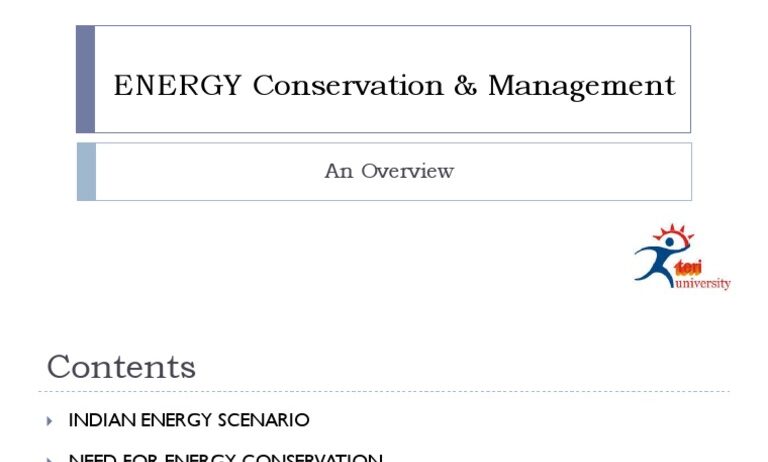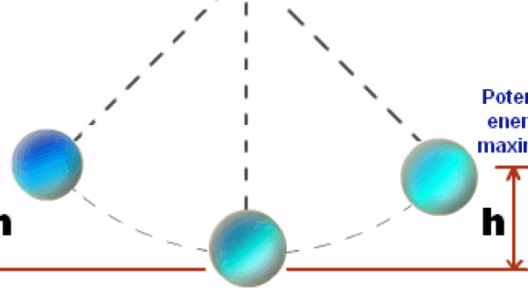Energy conservation is a vital aspect of sustainable living that extends well beyond mere electricity savings; it represents a paradigm shift in how we interface with the world around us. Daily life brims with opportunities for individuals to engage in practices that mitigate energy consumption, enhance efficiency, and promote a conscientious lifestyle. This article dives into the nuances of energy conservation in everyday life, illustrating both the intricate measures that can be implemented and the broader implications of these actions on societal progress.
Understanding energy conservation begins with a clear definition: it is the practice of reducing energy use through efficient practices and technologies. It’s a multifaceted endeavor that involves not only personal habits but also systemic changes in how communities manage energy resources. To ignite curiosity, consider this: every kilowatt-hour saved translates not only to reduced utility bills but also to a decrease in carbon emissions. Thus, getting involved isn’t merely an individual act; it is a collective forward motion toward ecological responsibility.
In the domestic sphere, energy conservation initiatives can be initiated with minimal upfront investment yet yield substantial long-term benefits. One of the foundational principles of energy management revolves around the use of energy-efficient appliances. The transition from traditional incandescent bulbs to LED lighting offers a palpable example; while the initial costs may appear higher, the longevity and lower energy requirements of LEDs result in significant reductions in energy consumption over time.
Moreover, the strategic placement and utilization of appliances can lead to enhanced energy efficiency. For instance, ensuring that refrigerators are stocked sufficiently can minimize energy expenditure, as a full fridge maintains a stable temperature more effectively than an empty one. Similarly, the practice of turning off appliances when they are not in use—embraced through the simple phrase ‘power down’—can lead to remarkable energy savings. The concept of phantom load, or “vampire energy,” highlights that devices left plugged in continue to consume energy. Utilizing power strips allows for a unified switch-off of multiple devices, thus curbing unnecessary energy wastage.
Household heating and cooling represent pivotal areas where energy conservation measures can yield bounteous benefits. Insulation plays a critical role in maintaining indoor climate without excessive reliance on heating or cooling systems. Investing in quality insulation for attics, walls, and even doors can dramatically reduce energy consumption. Additionally, the usage of programmable thermostats empowers homeowners to take control over their heating and cooling schedules, adapting them to align with actual occupancy patterns. This simple yet ingenious tool highlights the importance of utilizing technology for energy efficiency.
Water heating is another domain that often goes unnoticed yet commands a significant share of household energy consumption. Water heater settings can be adjusted; lowering the thermostat to 120 degrees Fahrenheit is a simple modification that can lead to energy savings. Moreover, the incorporation of low-flow fixtures in bathrooms and kitchens reduces water usage and subsequently lowers the energy required for heating water, leading to a dual benefit.
Beyond the household, energy conservation extends into the realm of transportation. The choices made in mobility significantly impact overall energy usage. Opting for public transportation, carpooling, or biking when feasible not only reduces individual energy consumption but also alleviates urban congestion and lowers emissions. With the advent of electric vehicles (EVs), the shift towards cleaner transportation options becomes more pronounced. Although the infrastructure for EVs continues to evolve, the integration of renewable energy sources for charging presents a compelling proposition for the future of energy-efficient travel.
Adopting energy conservation practices extends into the workplace as well. Office environments provide a rich tapestry of opportunities for reducing energy consumption. Simple habits such as encouraging employees to shut down their computers after hours and utilizing natural light instead of artificial lighting can significantly lower energy footprints. Furthermore, companies can invest in energy-efficient lighting systems and smart technology that helps monitor and manage energy usage in real-time. Such measures can engender a culture of efficiency, where energy conservation becomes ingrained in the organizational ethos.
The overarching narrative of energy conservation is one of collective responsibility. Advocacy for energy conservation stretches beyond personal actions; it includes calling for policies that enforce stricter energy efficiency standards and incentivizing the use of renewable energy. Governments and organizations can play pivotal roles by providing subsidies for energy-efficient appliances or implementing regulations that promote sustainability across industries. Engaging communities through educational programs can amplify awareness, fostering environments where energy conservation is a shared goal rather than an isolated initiative.
As society navigates the complexities of climate change and resource depletion, the often-overlooked act of conserving energy becomes critically salient. The significance of energy conservation transcends individual actions; it beckons a shift in perspective toward sustainability and stewardship of our planet. Each effort—be it large or minuscule—constitutes a piece of a larger puzzle. The cumulative impact of such actions can lead to carbon-neutral communities and retain the delicate balance of our ecosystems.
Embracing energy conservation not only promises a resurgence of responsibility but also piques curiosity regarding innovative solutions and practices that emerge as we rethink our relationships with energy. As we adjust our daily habits and advocate for systemic change, we open the door to a more sustainable future, compelling others to join this indispensable movement. The quest for energy conservation requires commitment, yet it is a path that leads to enriched environmental quality and a flourishing planet for generations to come.








